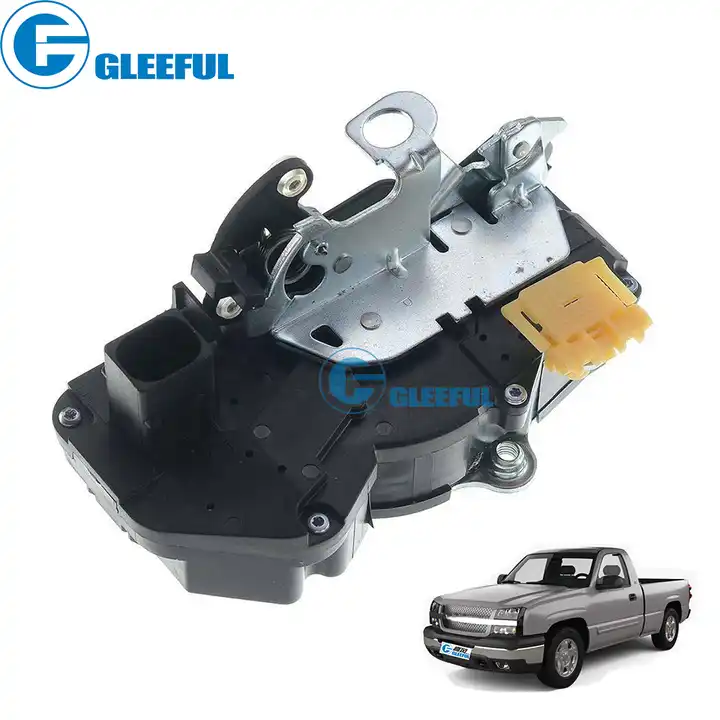In the automotive industry, security and convenience are paramount. One of the key components ensuring these aspects is the car door lock system. Over the years, these systems have evolved significantly, moving from traditional mechanical locks to advanced smart locks. At the heart of both systems is the door lock actuator, a critical component that ensures the locking and unlocking mechanism operates smoothly. In this article, we will compare traditional and smart car door lock systems, emphasizing the role of the door lock actuator.
A door lock actuator is an electromechanical device responsible for locking and unlocking a vehicle's doors. It is usually hidden inside the door panel and works by converting electrical signals into mechanical motion. When you press the lock or unlock button on your car key or inside the car, the door lock actuator receives a signal that activates its motor to move a rod, which in turn locks or unlocks the door.
Traditional car door lock systems rely primarily on mechanical components. These systems typically use a combination of keys and manual levers to operate the door locks. The door lock actuator in these systems functions to provide power locking, which allows all doors to be locked or unlocked simultaneously from a central point.

Smart car door lock systems integrate electronic and digital technologies to enhance security and convenience. These systems often use wireless communication technologies such as Bluetooth, NFC, or Wi-Fi. The door lock actuator in smart systems is more sophisticated, capable of receiving signals from various sources like smartphones or key fobs to perform locking and unlocking functions.
The door lock actuator is a crucial component in both traditional and smart car door lock systems. In traditional systems, the actuator provides the power lock function, ensuring all doors lock and unlock simultaneously. In smart systems, the actuator's role is more complex, often integrated with various sensors and communication modules to perform multiple functions efficiently.
Maintaining the door lock actuator is essential for both traditional and smart systems. Regular maintenance can prevent common issues such as jamming or failure to lock/unlock. Troubleshooting typically involves checking electrical connections, ensuring the actuator motor is functioning, and replacing worn-out parts.
In comparing traditional and smart car door lock systems, it's clear that both have their advantages and disadvantages. Traditional systems offer simplicity and reliability, while smart systems provide advanced features and enhanced security. Regardless of the system, the door lock actuator plays a vital role in ensuring the smooth operation of car door locks. As technology continues to evolve, we can expect further advancements in door lock actuators, enhancing both security and convenience for vehicle owners.
In summary, whether you prefer the straightforward nature of traditional locks or the high-tech features of smart locks, understanding the importance of the door lock actuator can help you make an informed decision about your vehicle's security system.
GET A QUOTE